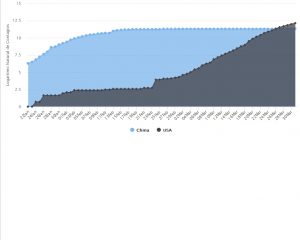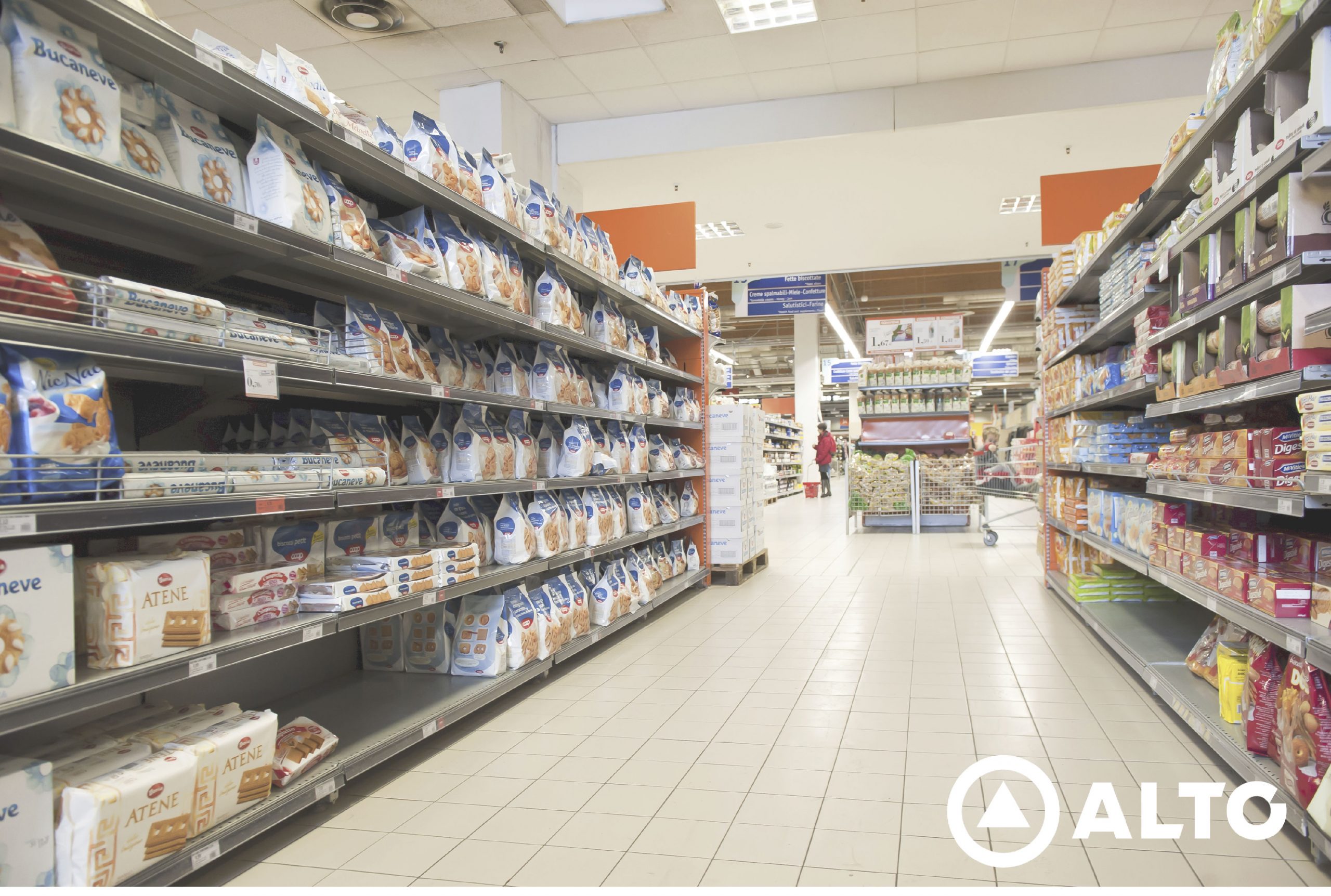Our Data Science team developed a simulation to explain why staying at home is so important to prevent the spread of COVID-19

Our Data Science team developed a simulation to explain why staying at home is so important to prevent the spread of COVID-19.
In the face of the constant increase in confirmed cases of Coronavirus, several countries have adopted the mitigation measure of issuing stay‑home or quarantine orders, as did China. Meanwhile, other countries, such as the United States and Chile, have been considering whether to impose this measure on their entire populations or not.
Developed by: Camilo Barajas, Laura García, Daniel López, Juan Fonseca, Lida Sandoval, Data Lab Team
Differences in the Exponential Growth of Covid-19

Consequently and well aware of the implications of this matter for our society, our Data Science team developed a simulation intended to explain why it is so important to stay at home during the outbreak of Covid-19. We assessed two scenarios. While the first one does not include any stay‑home regulation or self‑initiative, the second scenario is one in which the government has issued an order, hence people goes out less and only as needed, such as for instance, to buy food or medicines.
We assessed a population comprised of 600 individuals, two of which were initially infected, for a period of 120 days. The rest of the data included was based on the information provided in the regularly published reports of the World Health Organization (WHO).
An additional consideration was that people naturally interacting in work spaces, schools, public transportation and events, among other places, would form daily groups of maximum five random people. With such interactions, an infected individual may spread the disease to others in the group.
Simulation Results
- When people stay at home, there are less interactions and the spread slows down. This enables health systems to better respond and prevents exceeding their capacities, as we have seen happen in China, Italy and Spain. In the scenario where people continue to go out, there are more sick cases during the peak of the disease.
- Without any prompt restrictive measures, more people lacks access to medical equipment units that could save their lives (mechanical ventilators).
- When countries order stay-home orders to their entire populations, the death rate drops, which has a positive impact on society.
*Assumptions on the Simulated Population:
The health‑system capacity can provide coverage to 60% of the population, which does not ensure their survival. However, the probability of death increases when this capacity is exceeded.
Infected people do not have any symptoms until after the fifth day of the disease, which means that, not knowing that they are contagious, they continue to interact with others in a normal fashion. After the fifth day, they no longer interact with others, assuming that they stay fully isolated.
Upon 14 days, survivors are considered recovered, cannot be re‑infected and resume normal interactions with others.










